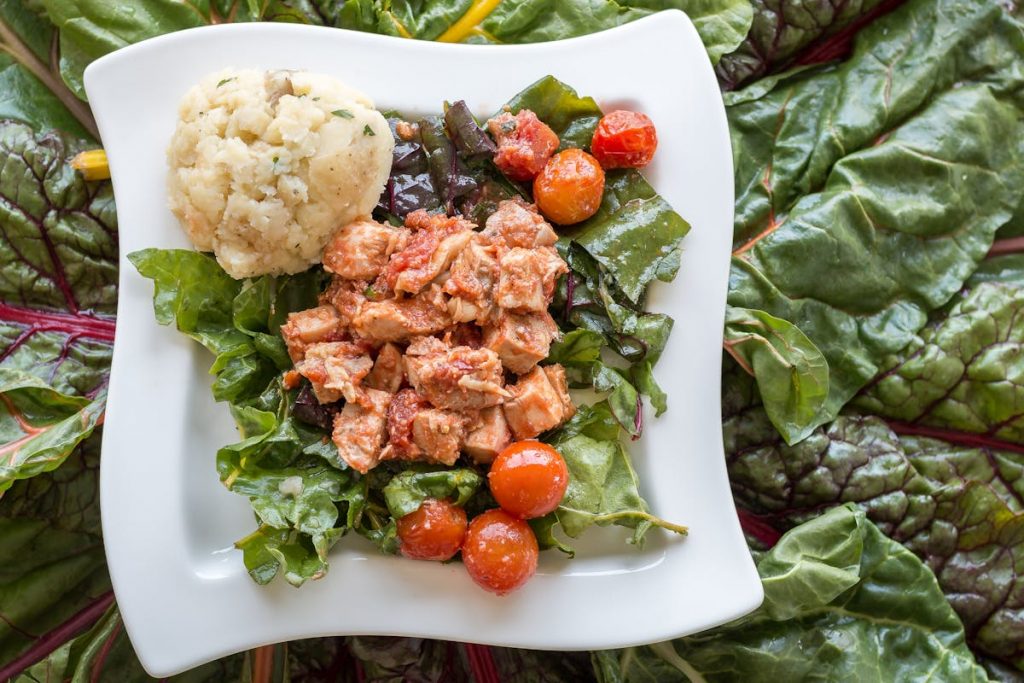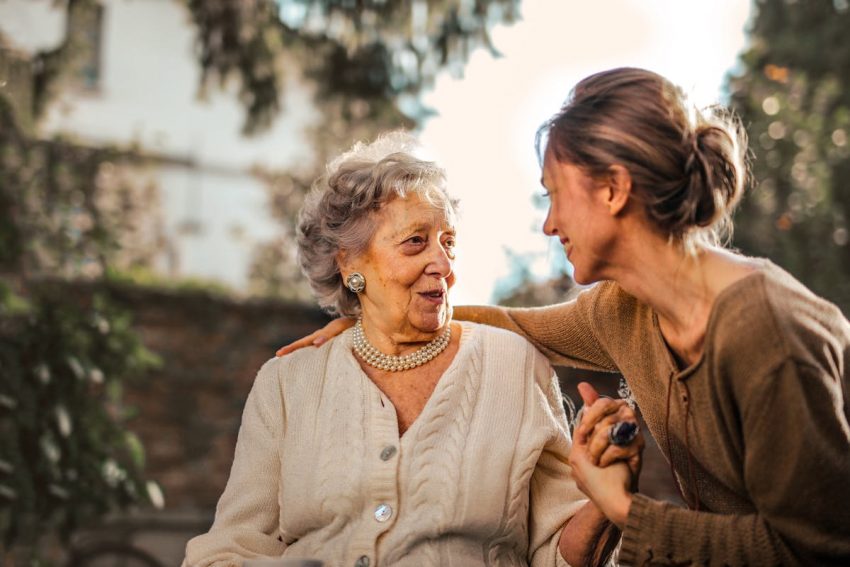
- Adult children become pivotal in caring for elderly parents diagnosed with cancer and navigating medical and emotional needs.
- Treatment options must be adapted for the elderly, considering physical limitations and prioritizing quality of life.
- Nutritional care is critical; small, nutrient-rich meals and dietitian advice can help manage cancer’s effects.
- Mental health support through counseling and support groups is vital for elderly cancer patients’ emotional well-being.
- Pain management should be sensitive to the elderly’s unique needs, with careful medication monitoring and alternative therapies.
Cancer is a formidable opponent, one that does not discriminate based on age. However, when it comes to caregiving and cancer, supporting an elderly parent through this diagnosis presents its own unique set of challenges. As life expectancy increases, so does the likelihood of having a parent diagnosed with cancer. The burden of such a diagnosis can ripple through the entire family, prompting questions about care, treatment options, and the delicate issue of end-of-life planning.
Adult children need to arm themselves with knowledge and compassion to address these immense challenges. This comprehensive guide will explore practical ways to support senior parents in their fight against cancer. From understanding treatment options to navigating end-of-life wishes, this will tackle the complex emotional and logistic layers that come with the territory of cancer and the elderly.
Navigating Treatment Paths
Elderly patients may not always be candidates for aggressive treatments like chemotherapy and radiation therapy. Physiological factors such as weakened immune systems or existing comorbidities could preclude them from these options. As such, it’s essential to work with the medical team to explore all available treatment paths, including less invasive therapies focusing on management rather than elimination.
Caregivers must also consider the patient’s daily life and ability to tolerate treatment schedules. For some, this may involve spending extended periods at a treatment center; for others, it could mean managing multiple medications at home. Discuss with the healthcare team about integrating these plans into patients’ routines with minimal disruption while ensuring they receive the care they need.

Dietary Care and Nutrition
A balanced diet is one of the pillars of cancer management. However, elderly patients often struggle with eating properly due to changes in taste, difficulty swallowing, or a loss of appetite. Caregivers can make a significant impact by ensuring their loved ones have access to high-nutrient foods that are also appealing. Here are some tips:
Offer Small, Frequent Meals
Rather than three large meals, small and frequent dining can be less daunting and more manageable for elderly patients. This approach can also maintain energy levels and prevent overwhelming fatigue.
Customize Food Choices
Pay attention to the patient’s preferences and aversions to create a customized menu. Incorporating favorite flavors and adapting recipes can help stimulate appetite and improve nutrient intake.
Enhance Nutrient Density
Focus on nutrient-dense foods that pack vitamins, minerals, and calories into smaller servings to address weight loss and nutritional deficiencies common in cancer patients.
Consult a Dietitian
Working with a registered dietitian or nutritionist who specializes in oncology can provide tailored advice to meet the patient’s specific dietary needs and manage side effects from treatments.
Emotional and Mental Well-Being
Cancer can take a toll on a patient’s mental health, and this is no less true for the elderly. Depression, anxiety, and fear are common emotional responses to the diagnosis. As a caregiver, providing a supportive environment where your loved one feels comfortable expressing their emotions and fears is vital.
Setting up support structures such as cancer support groups or individual therapy sessions can be immensely beneficial. The goal is to offer a safe space where patients can process their feelings and receive guidance on coping strategies. Remember, maintaining emotional health is as important as physical health in the fight against cancer.
Managing Pain and Symptom Control
For the elderly, managing pain and the symptoms of cancer can present a particular set of challenges. Factors such as cognitive decline or a reduced ability to communicate can make it difficult for them to articulate their discomfort. Caregivers must be vigilant in observing any signs of pain and promptly report these to the medical team.
Pharmaceutical options like pain medication are common for symptom management but should be administered with caution, taking into account the patient’s age and any other medications they may be taking. Complementary therapies such as acupuncture or massage can also offer relief. Work closely with the medical team and the patient to find the most effective and comfortable pain management program.
Offer Respite and Personal Time
Being a primary caregiver is emotionally and physically draining. It’s essential for family caregivers to take regular breaks and find moments for self-care. This could involve scheduling time off from caregiving duties, engaging in hobbies, or seeking support from other family members.
Of course, professional care from a reliable hospice nurse or in-home caregiver can be a lifesaver. Their services allow caregivers to take much-needed time off while ensuring their loved one receives proper attention and care. Even small moments of respite can help family caregivers maintain their own well-being, which is crucial for them to provide effective support for their loved ones.
The power of unity in health and hope is never more evident than when families come together to support elderly parents through cancer. Fueled by love and knowledge, this collective effort can provide comfort, dignity, and the best quality of life possible. As you combat this complex disease, the key is to remain informed, flexible, and compassionate. Remember, in the struggle against cancer, the bond of family and the support of an informed, compassionate community are vital tools in the fight. Stay connected, stay hopeful, and never underestimate the strength that is born of overcoming life’s greatest challenges together.
